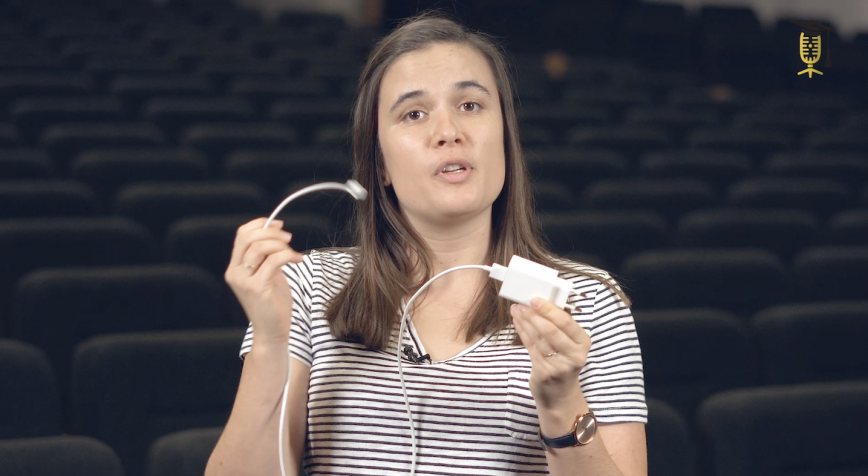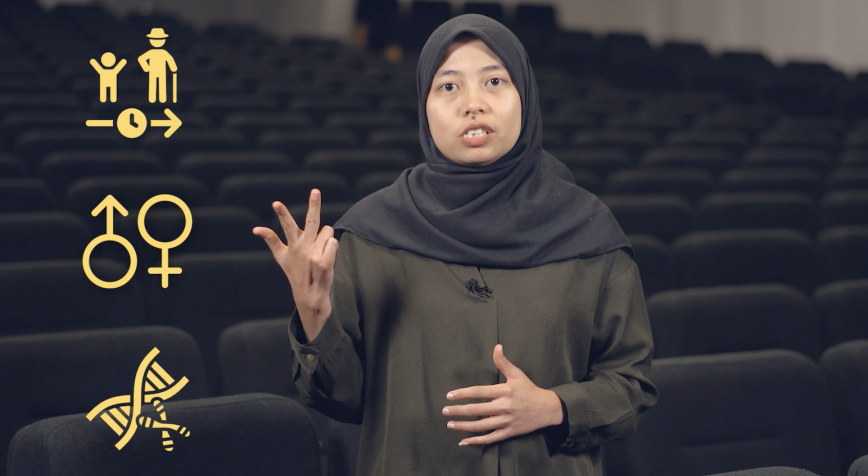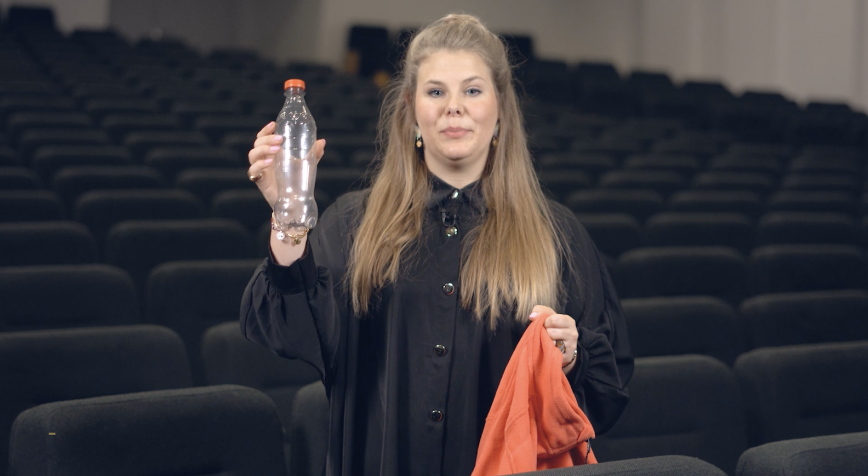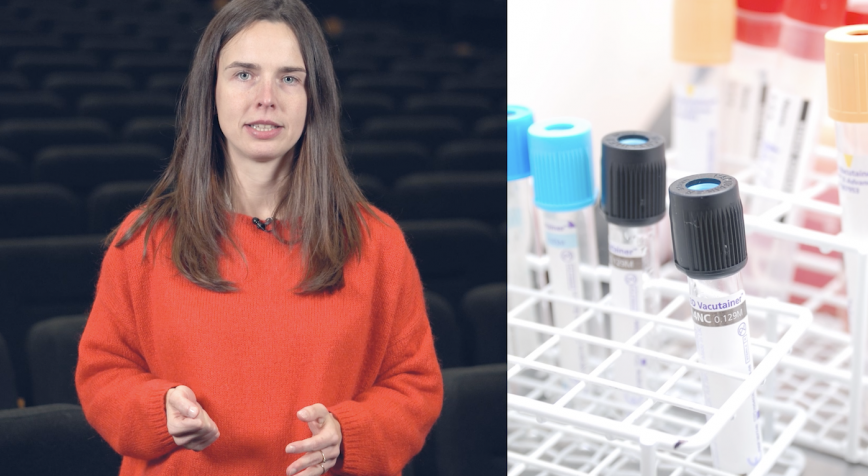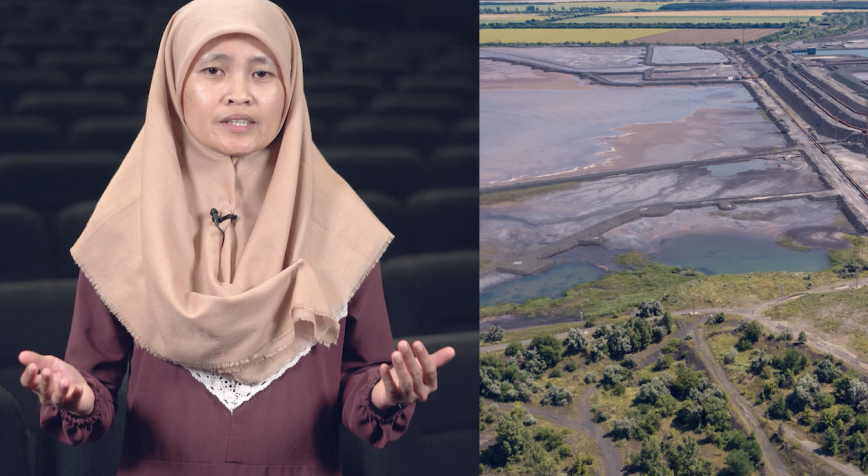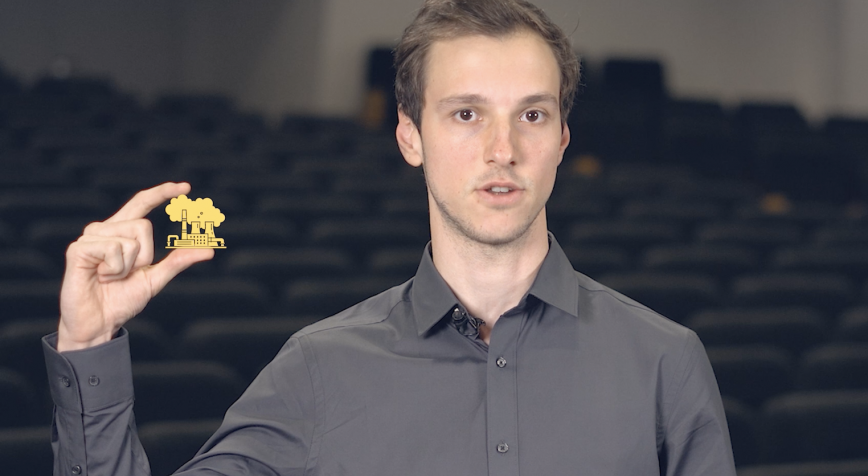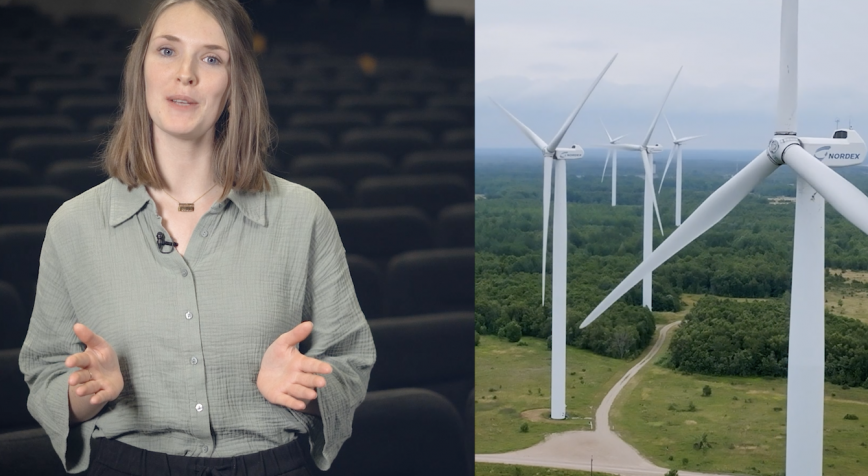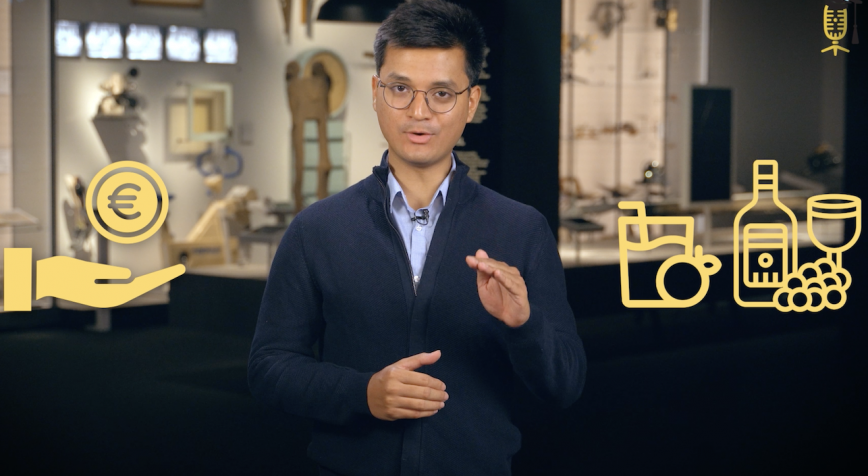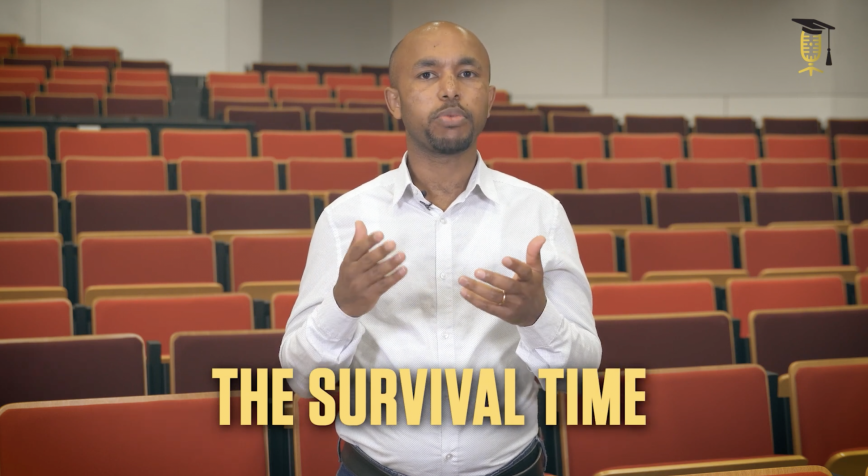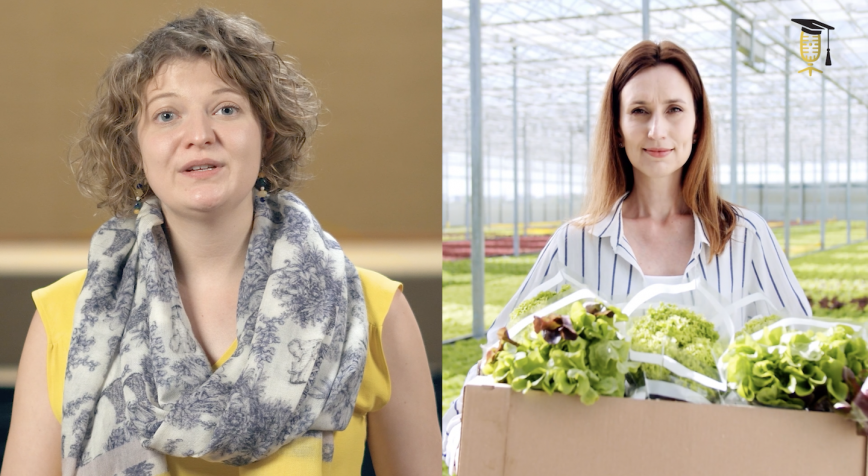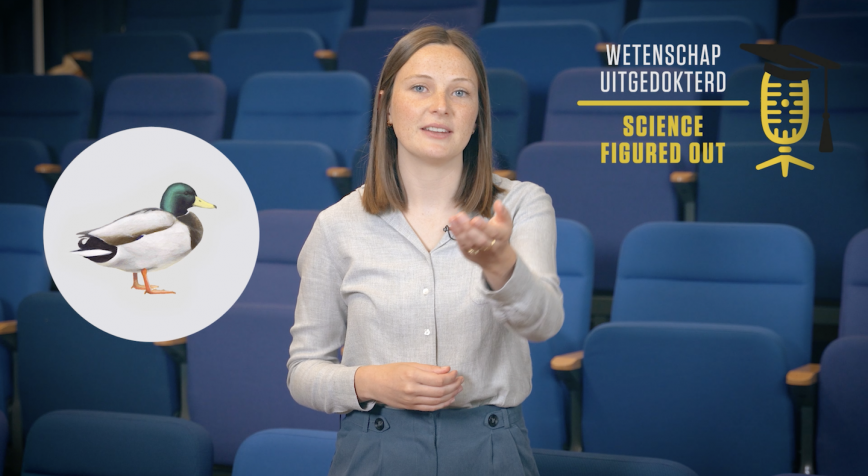
VITO
Minimizing the impact of uncertainty in the electricity market
Did you know that the electricity generated today was traded yesterday by producers and retailers in the 'day-ahead' electricity market? ⚡️ 🤝 But what happens if we expect a windy day tomorrow 💨 but end up having much less wind, and thus less wind power, than anticipated? Lina Silva-Rodriguez explains how she uses math to help deal with this uncertainty.
